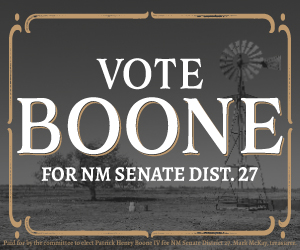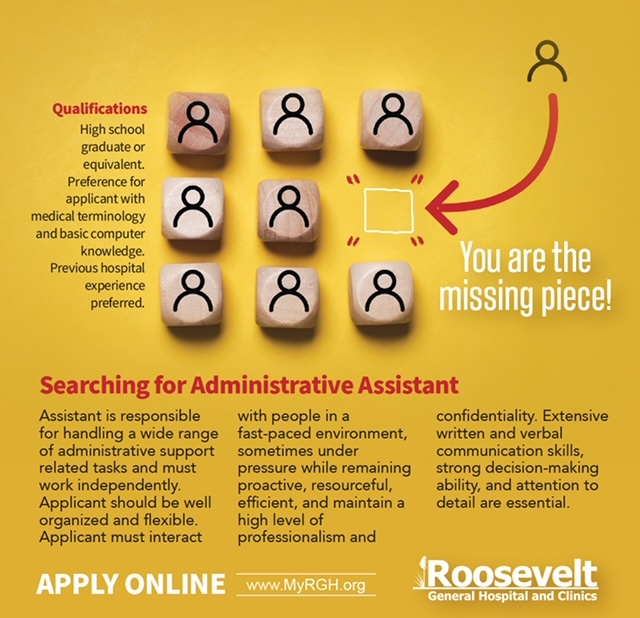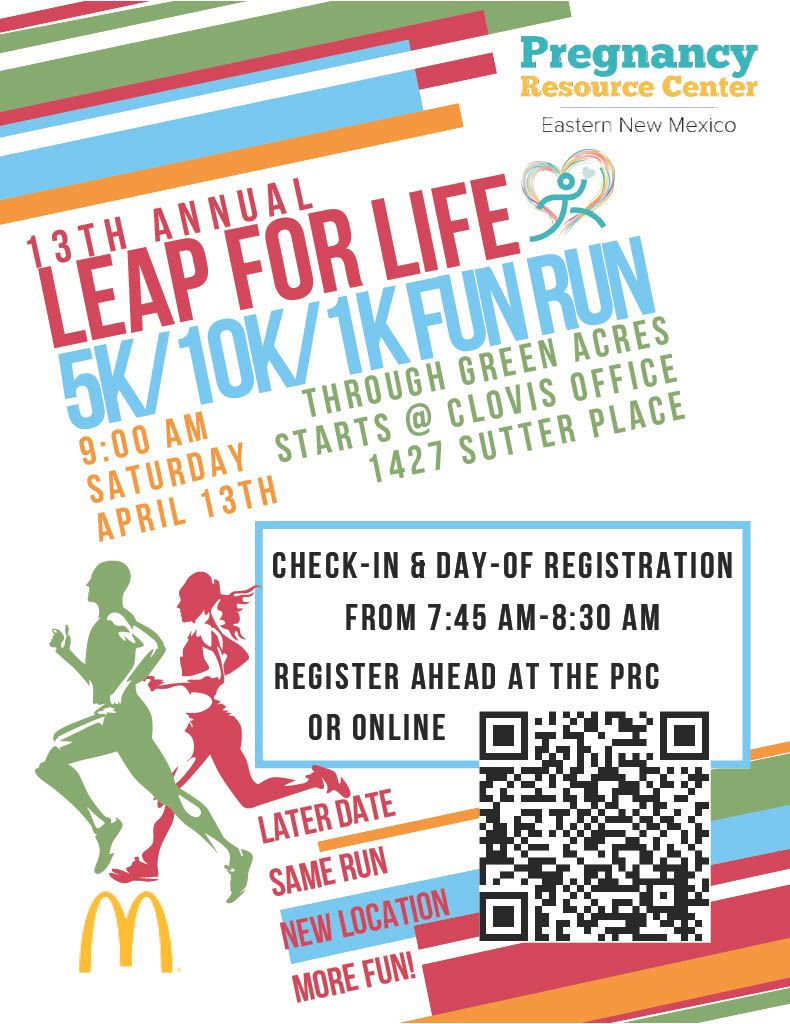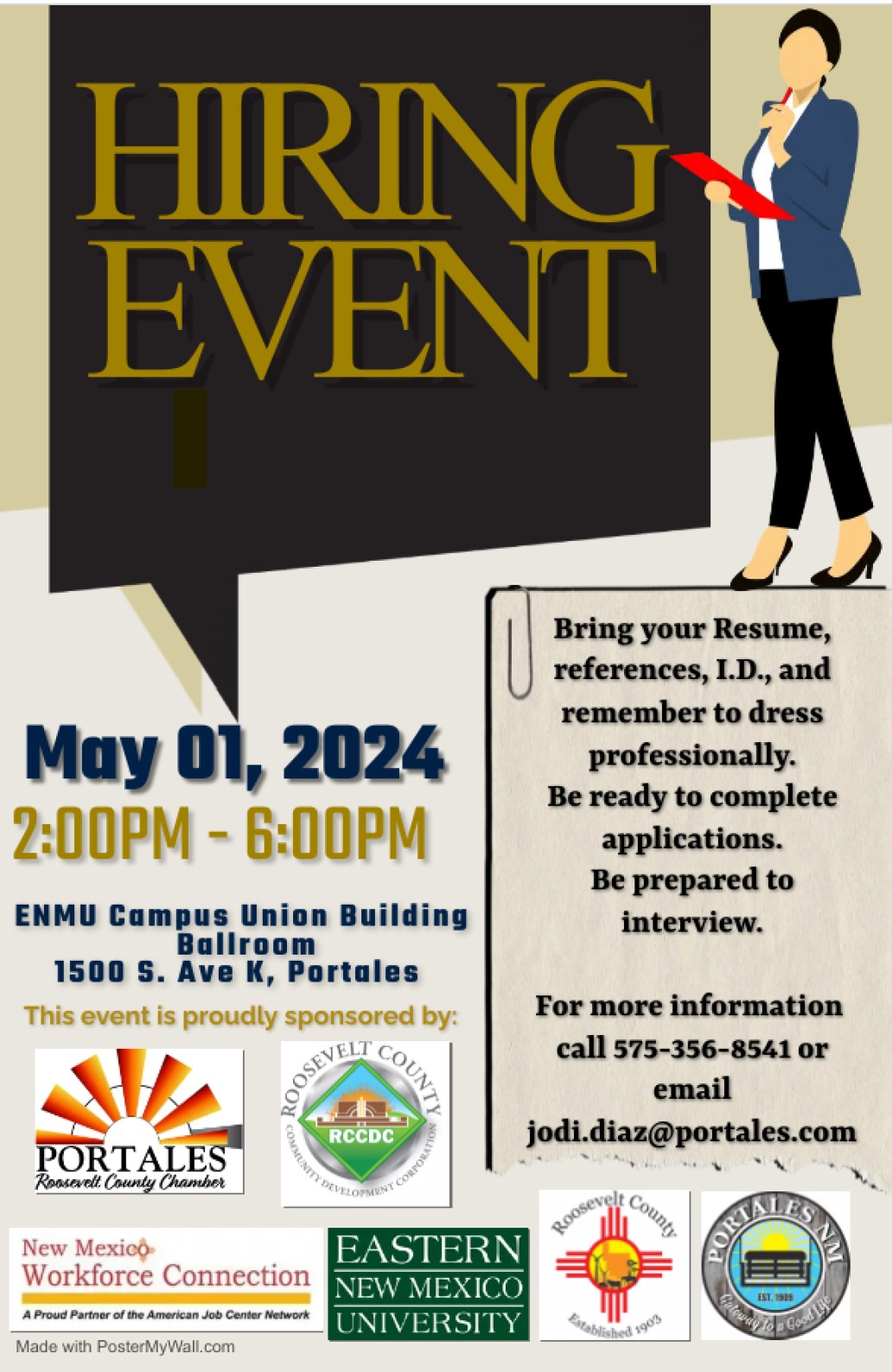by: Amber Knox
On June 21, 1907, Asa Lee Williamson, a principal, and Lucy Betty Hunt, a teacher, were married in Mineral Wells, Texas. On April 29th, 1908, Lucy gave birth to their first son in Bisbee, Arizona. The doctor informed the young couple that infants are like puppies and travel better when they are young. Without further delay Asa and Lucy packed up, traveled by rail, then stage, and finally by horseback to Lucy’s brother’s ranch in Mexico.
The ranch was high in the Sierra Madre between Chihuahua and Sonora. With no road for wheels, they traveled the last leg of the journey on horseback with six-week-old baby Jack lying on a pillow in front of his father atop the horse.
His parents were beginning what Jack would later refer to as “resourceful coping” when he wrote about it decades later in his autobiography.
From 1908, when he was born, until 2006 when he left us, Jack Williamson was his own type of pioneer, trailblazing his way through life.
When Jack was almost three, they headed out again and would try their hand at farming and ranching in the southwest. Moving several times, and adding more children to the family, they settled outside of Portales, New Mexico.
Jack’s father procured the land, built a ten-by-twelve-foot shack, and then went back for his family. After seventeen days traveling in a wagon his father had modified to be covered, his family reached their new home. Taking the wheels off the wagon and placing it next to one of the windows to be used as a bedroom door, the children had their own “room”. Resourceful coping.
In his autobiography, “Wonder’s Child: My Life in Science Fiction,” Jack describes himself as a green farm kid who was ignorant but hungry for life. Without the technology we have today, sci-fi pulp magazines were his bridge.
“Those disdained publications came to reflect our awe at the strangeness of the universe, our readiness to challenge all we didn’t understand, our hope of better worlds to come,” Jack wrote. Those magazines would later be where he was continuously published, met lifelong friends, and grew a wide fanbase.
Growing up the way Jack did is a mystery to some, a time forgotten by others, but sounds somewhat familiar to those of us who still enjoy the simplicity and “resourceful coping” of the rural life.
 In his autobiography, he wrote of watching tadpoles, laying on his belly to drink from an irrigation ditch, being horrified the first time he witnessed a bull doing what bulls do, being treated for rheumatic fever with water from a glass full of rusty nails, running barefoot from one small shade bush to the next, dodging goat heads, watching dung beetles, seeing the sparks of a meteor break apart as it fell through the sky, being told the coyotes were harmless as he listened to them howl, hanging meat on the barbed wire fence to dry out, and dreaming up stories as he did his chores.
In his autobiography, he wrote of watching tadpoles, laying on his belly to drink from an irrigation ditch, being horrified the first time he witnessed a bull doing what bulls do, being treated for rheumatic fever with water from a glass full of rusty nails, running barefoot from one small shade bush to the next, dodging goat heads, watching dung beetles, seeing the sparks of a meteor break apart as it fell through the sky, being told the coyotes were harmless as he listened to them howl, hanging meat on the barbed wire fence to dry out, and dreaming up stories as he did his chores.
Without the distractions of modern technology, the wonder he found in the world around him grew and grew. That wonder would send him all over the world. That wonder would propel him to dream of progress. That wonder would be punched out on his typewriter, and later a computer, until he had written fifty-five novels, eleven novellas, thirty-eight novelettes, more than one hundred short stories, and two years’ worth of comic strips.
From a little boy growing up in Rural New Mexico, to a young man exploring his country, to being known as the “dean of science fiction,” Jack Williamson saw the wonder in the world around him and wanted to create a space for others to share the wonders of which they dreamed.
In honor of his prolific career and contributions to science fiction, Eastern New Mexico University established the annual Jack Williamson Lectureship, which has been held annually for almost half a century. Fittingly, it is held at the university where he was a longtime professor, where there is a building that bears his name, and where he helped create one of the best science fiction libraries in the United States
This year marks the 47th annual Jack Williamson Lectureship. The theme is “Oh the [In]Humanity,” and it’s a three day-event featuring a public luncheon, panels, readings, and student-focused activities.
This year’s Guest of Honor is the award-winning science fiction author Martha Wells of College Station, Texas. Included in her many accomplishments and awards are the USA Today Bestseller List, the Sunday Times Bestseller List, the New York Times Bestseller List, four Hugo Awards, two Nebula Awards, and two Locus Awards. Her celebrated series, “The Murderbot Diaries,” has been picked up by AppleTV+ with Emmy winner Alexander Skarsgård starring in the ten-episode sci-fi drama. For more information on Martha Wells visit her website www.marthawells.com.
Connie Willis, an old friend of Jack’s, returns to serve as Mistress of Ceremonies. Since publishing her first book in 1982, she has become the most decorated author in science fiction with multiple Nebula, Hugo, and Locus awards. She has been inducted into the Science Fiction Hall of Fame and named a Science Fiction and Fantasy Writers of America Grand Master. For more information on Connie Willis visit her blog https://azsf.net/cwblog/.
Additional authors expected to attend the 2024 Lectureship include Walter Jon Williams, Jeffe Kennedy, Kelly Robson, Vivian Shaw, Arkady Martine, Ian Tregillis, Sarena Ulibarri, Lauren C. Teffeau, John Stith, and Portales resident Darynda Jones. These authors will present at rotating panels with topics slated to include Artificial Intelligence, craft and creative writing, and speculative fiction.
Lectureship events begin the evening of Thursday, April 11, with student organizations sponsoring various elements. ENMU’s ceramics club, the Clayhounds will be bringing UFO ceramics, including some paint and take items. This is open to students of the University and the general public.
Friday, April 12, begins with an early panel, then the Guest of Honor reading, followed by the keynote lunch, concluding with an afternoon of panels from the visiting authors. The Lectureship will wrap up the morning of Saturday, April 13, with a workshop for early-career writers led by Connie Willis.
In addition, attendees can tour the Special Collections in ENMU’s Golden Student Success Center, which also houses a recreated version of Jack’s original library office.
The keynote lunch, catered by Eastern New Mexico University’s Cultural Arts program, will be held in the ballroom on the top floor of ENMU’s Campus Union Building. RSVP for tickets must be made in advance. Tickets are $15. Mistress of ceremonies Connie Willis and the guest of honor Martha Wells will give remarks during the keynote lunch. Books by Wells and most of the other authors in attendance will be available for purchase and signing.
David Sweeten, ENMU associate professor of Early British Literature and chair of the Williamson Lectureship committee, explains this unique event is an opportunity for fans of sci-fi/fantasy to come together with academics in a meaningful way to speak about writing and the genre. It isn’t a fan convention or an academic conference but a merging of the two worlds that doesn’t happen often: A vision of Jack Williamson’s that after forty-seven years is still providing a rare opportunity for regional eastern New Mexico.
All events are open to the public and will also be streamed online. Visit enmu.edu/scifi or the social media page at https://www.facebook.com/WilliamsonLectureship for the viewing links and more information on Jack Williamson and the Lectureship.
To register for the keynote lunch, email David.sweeten@enmu.edu.
All photographs are courtesy of Golden Library Special Collections.
































